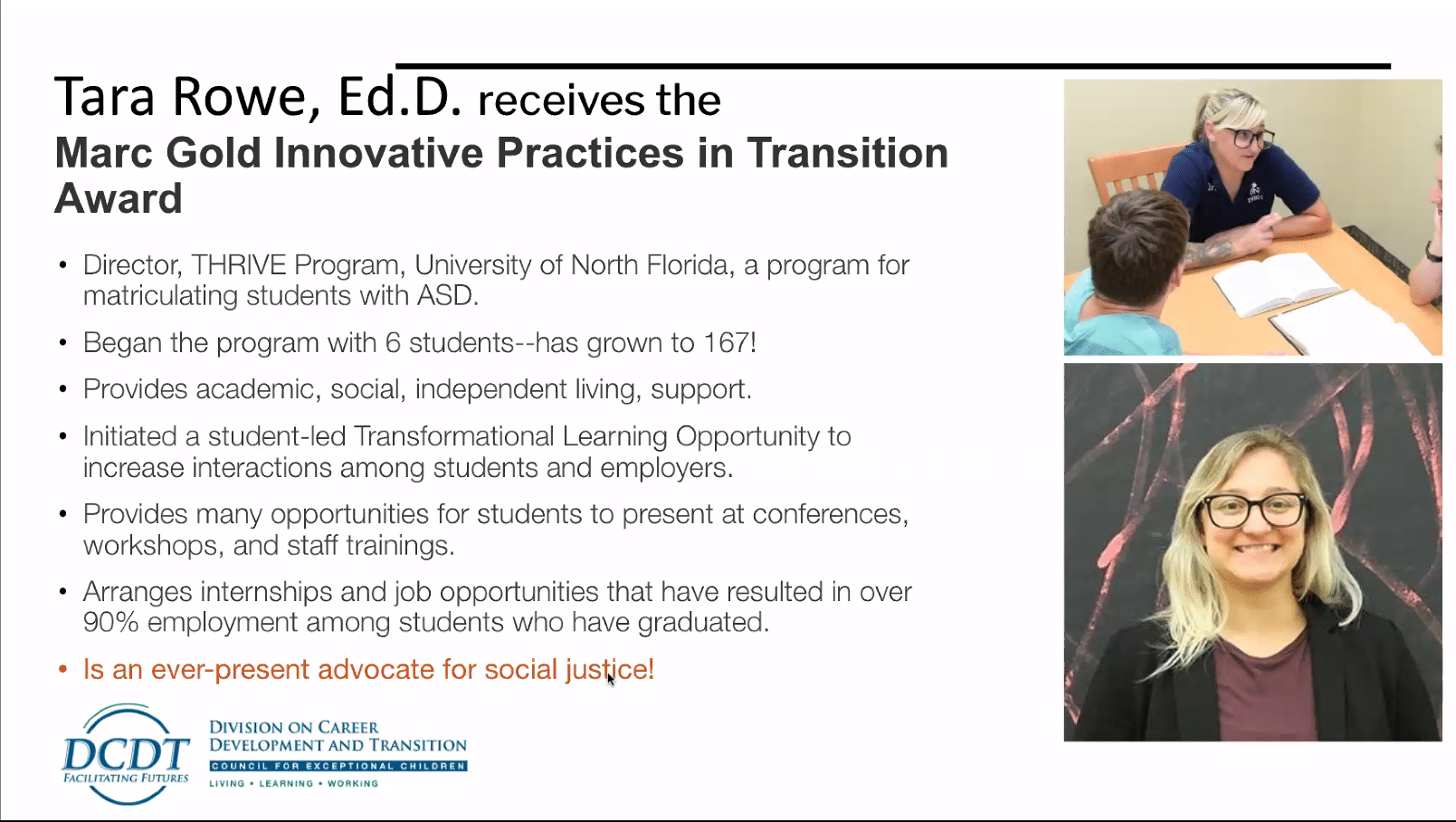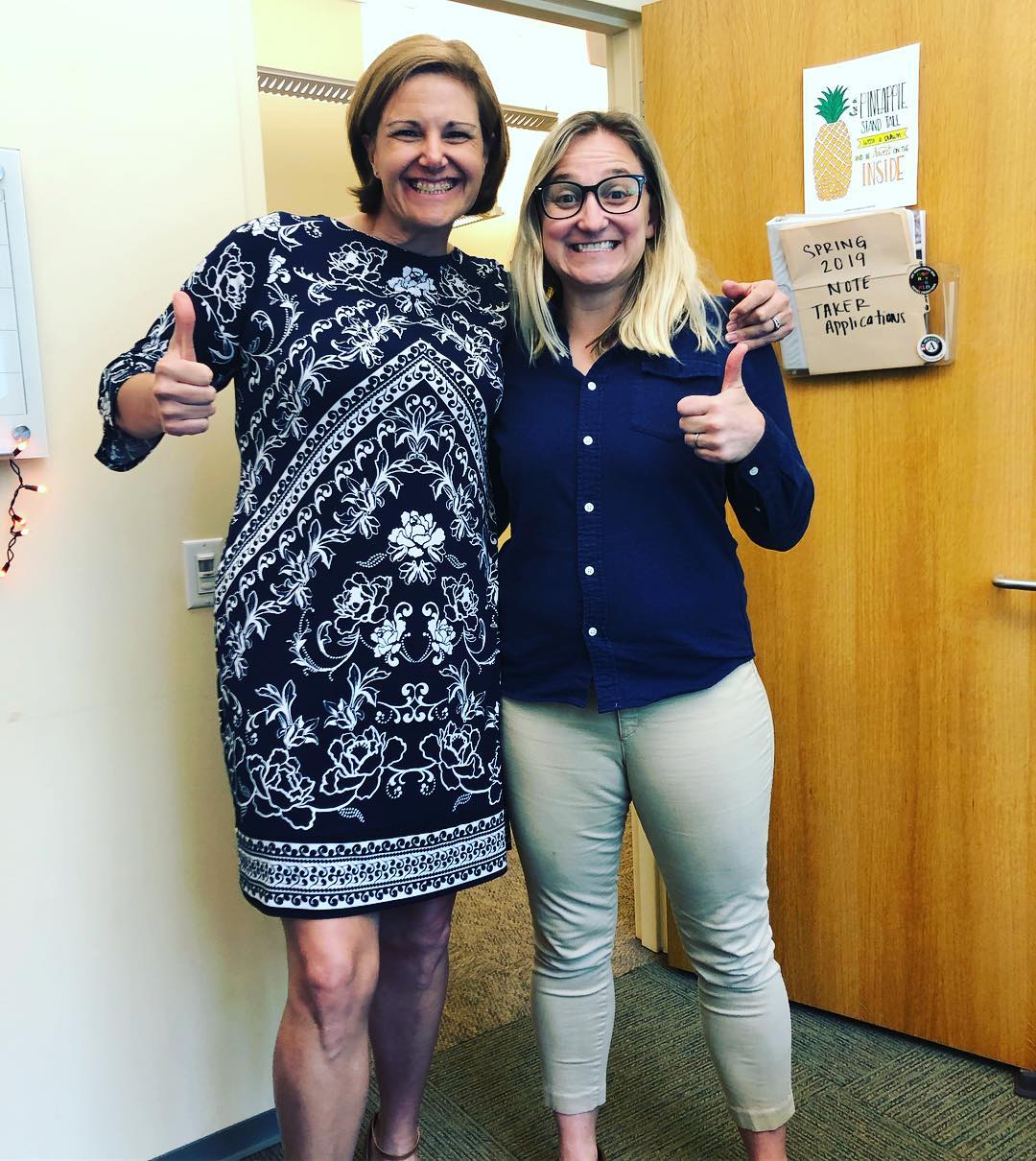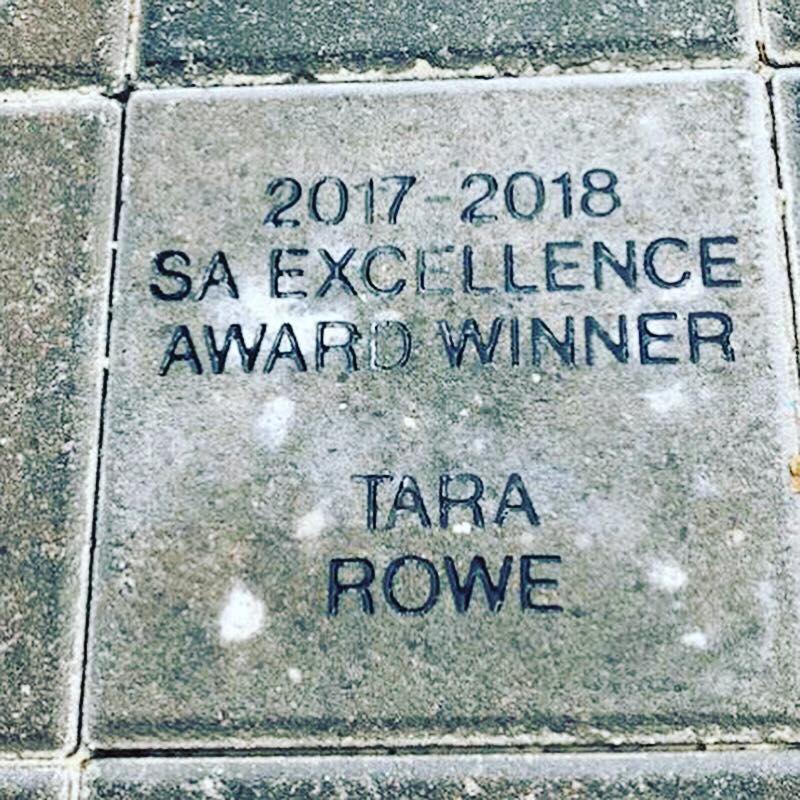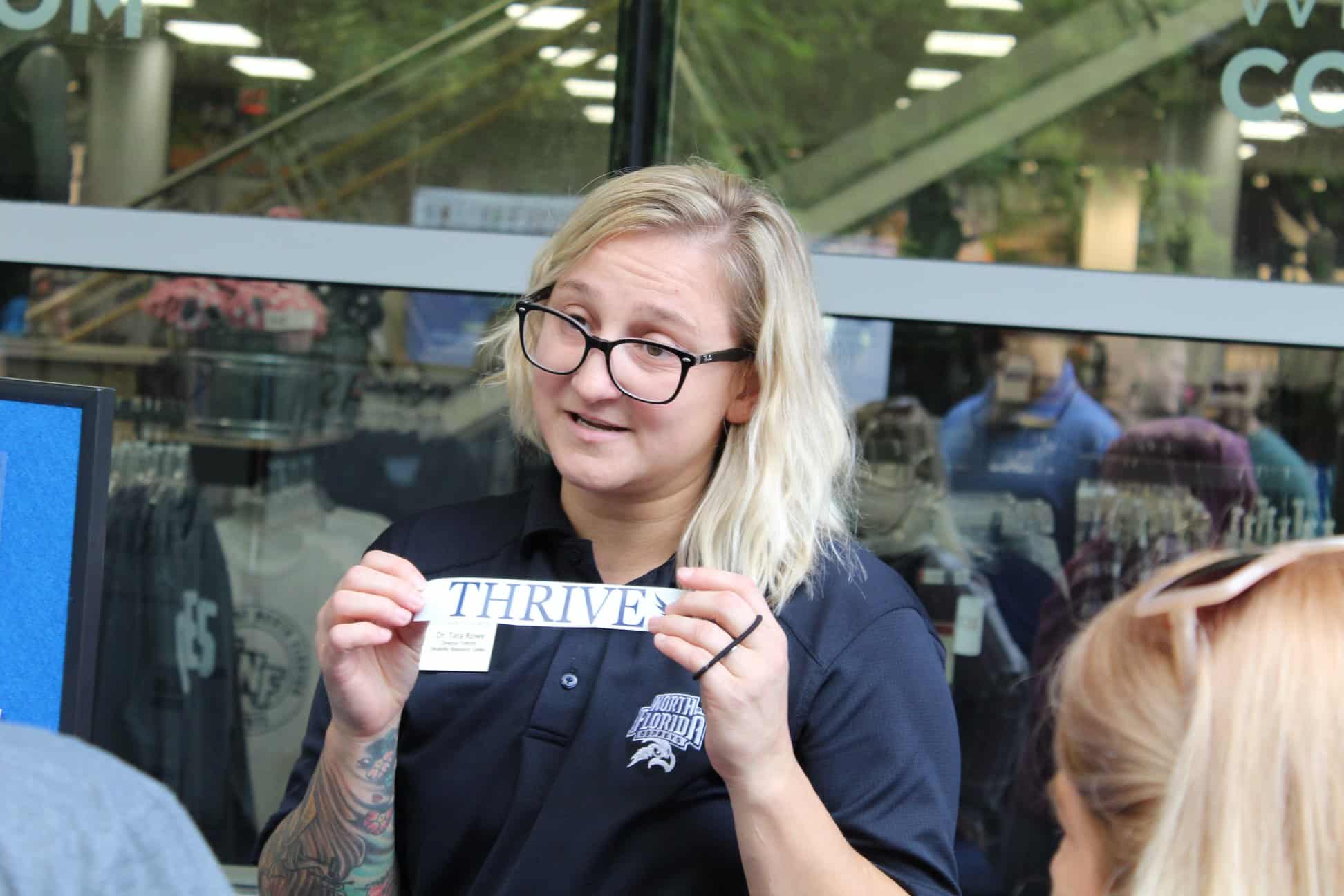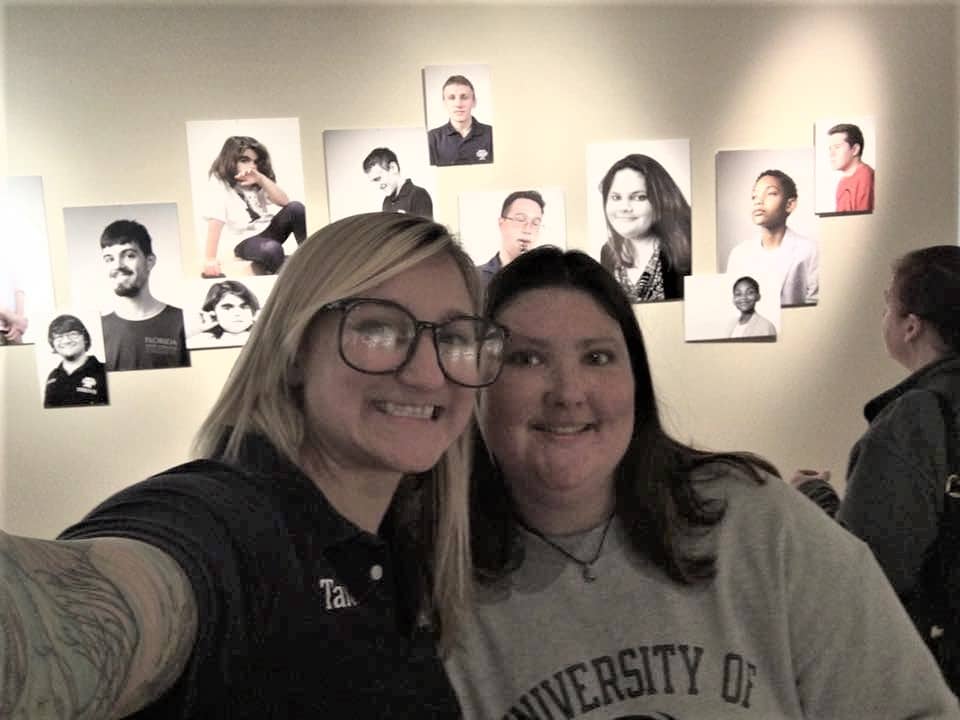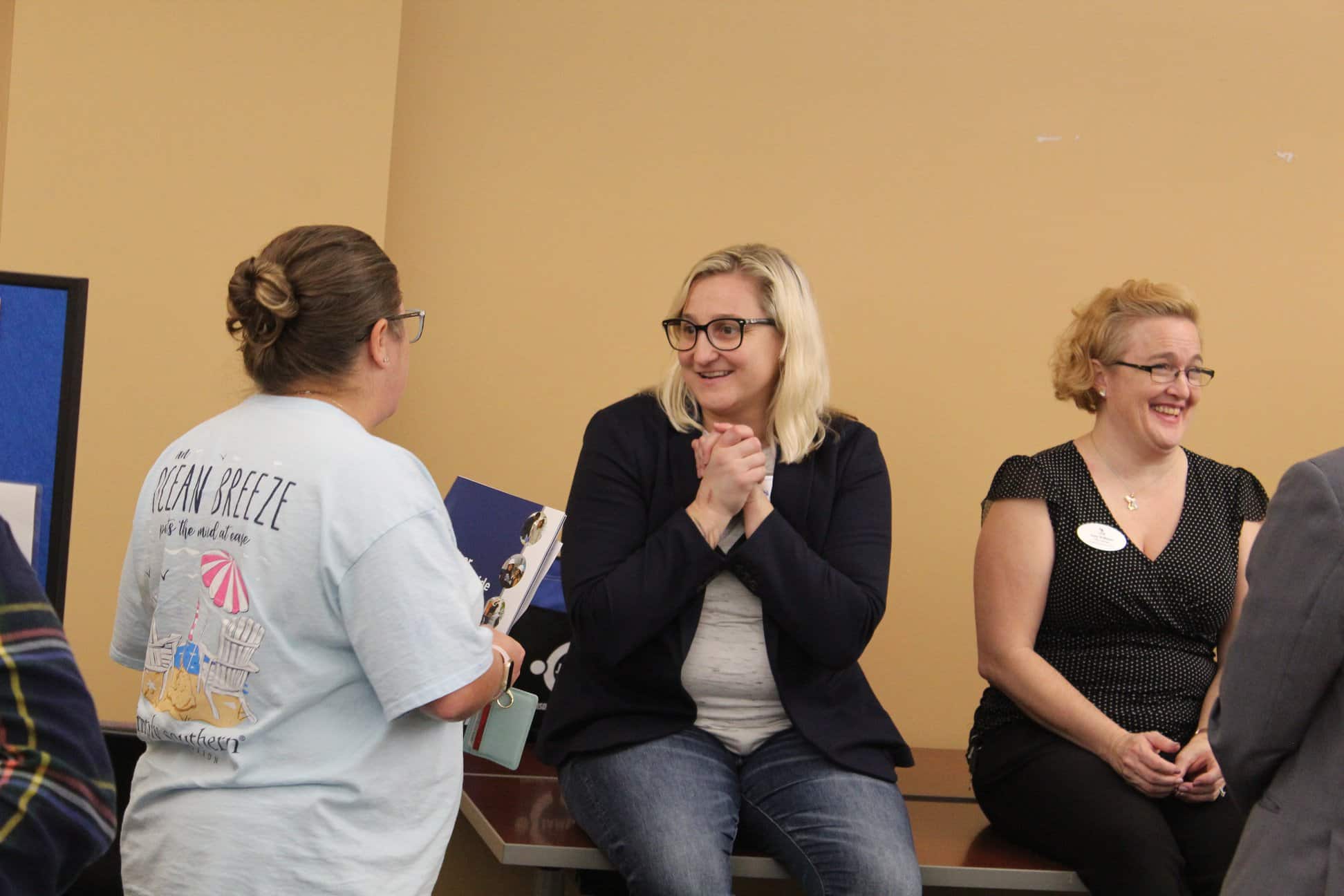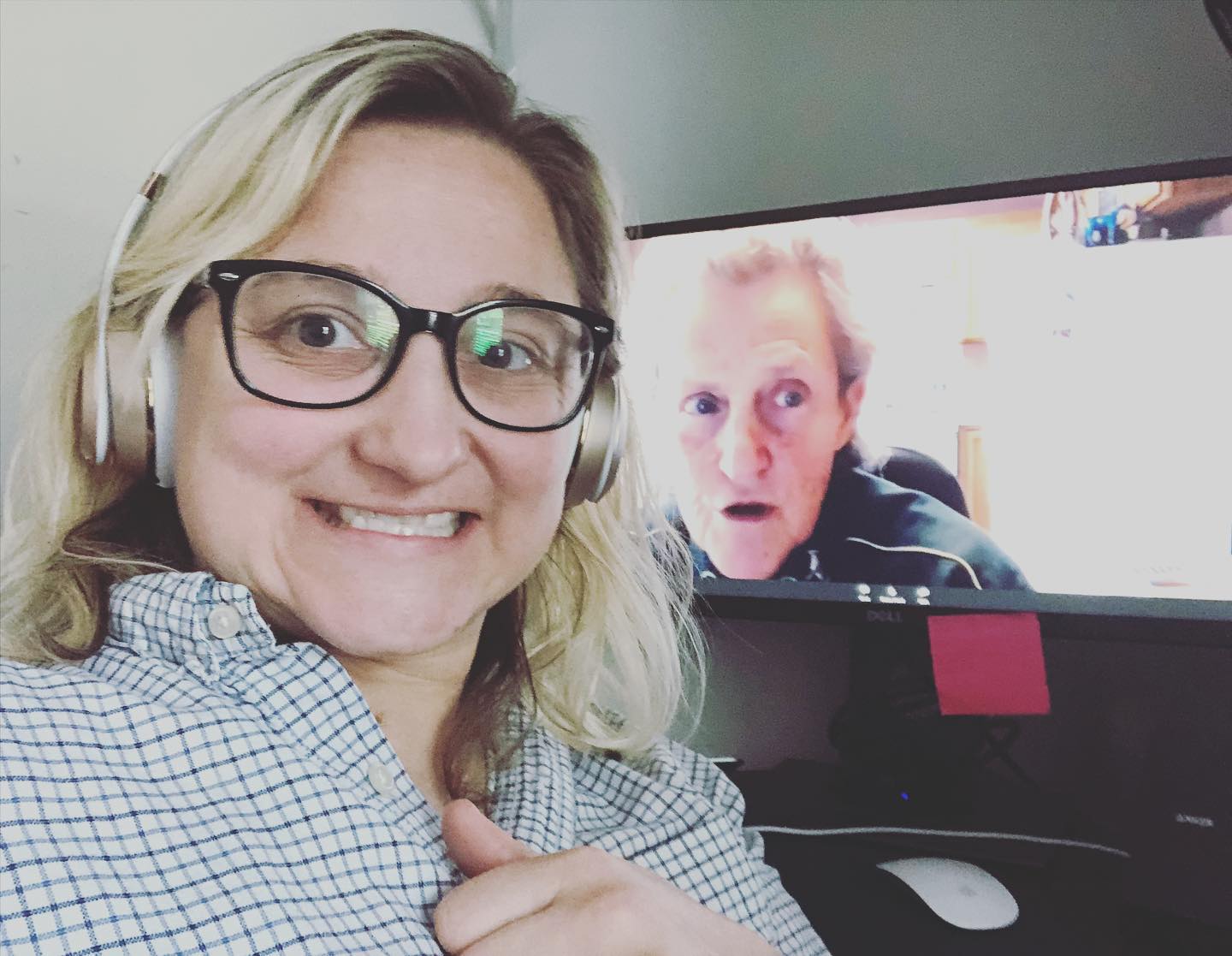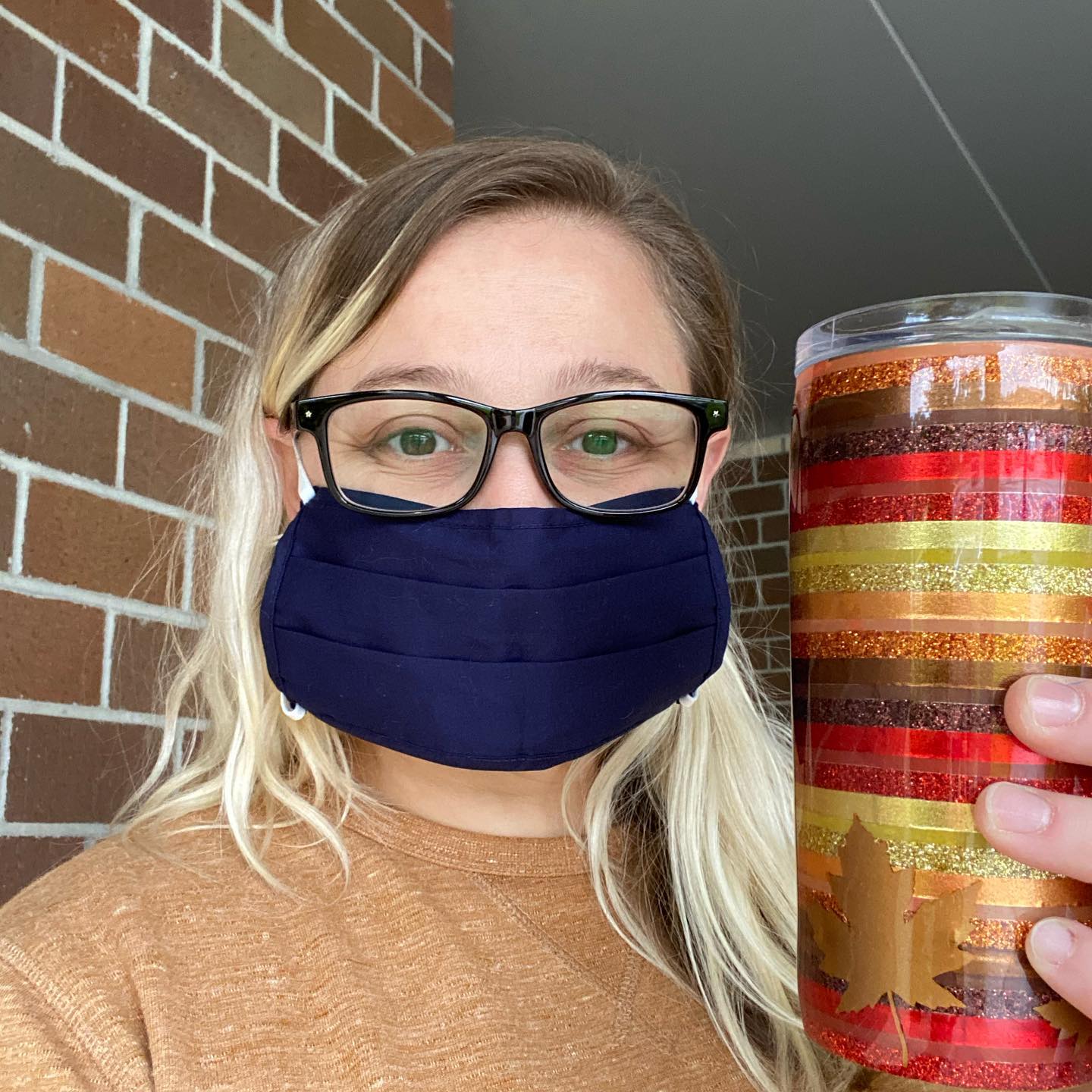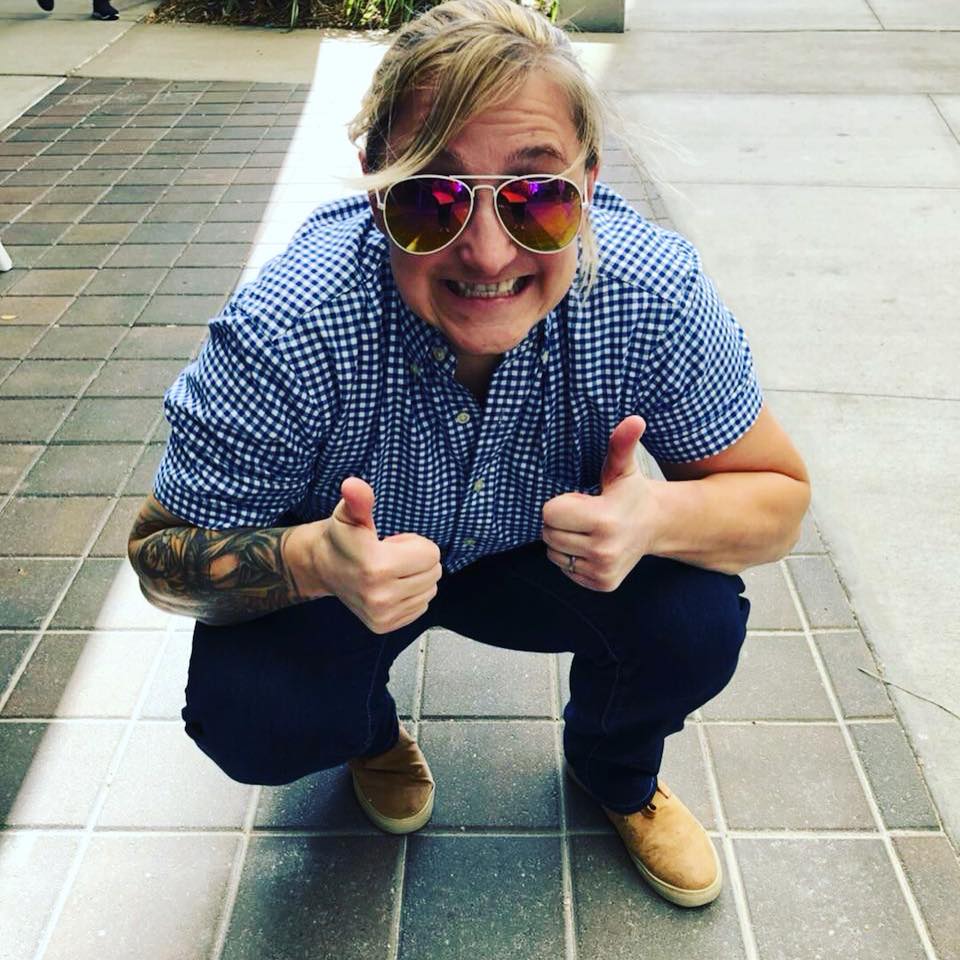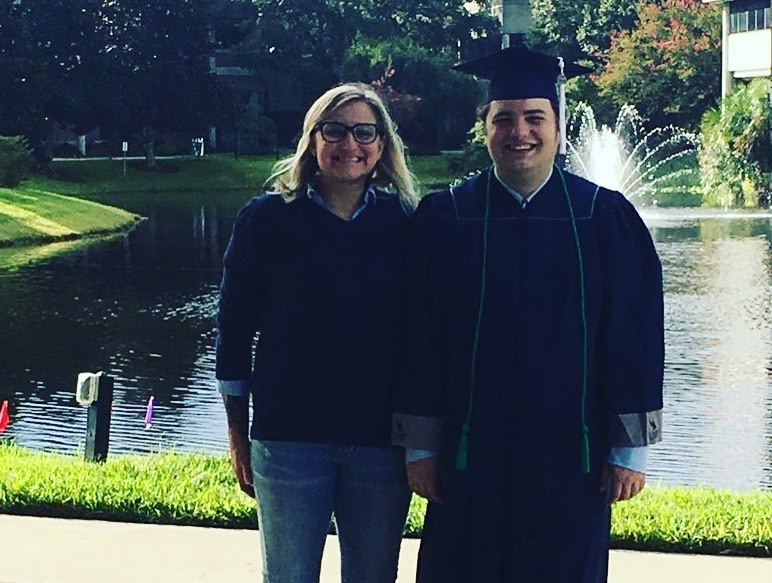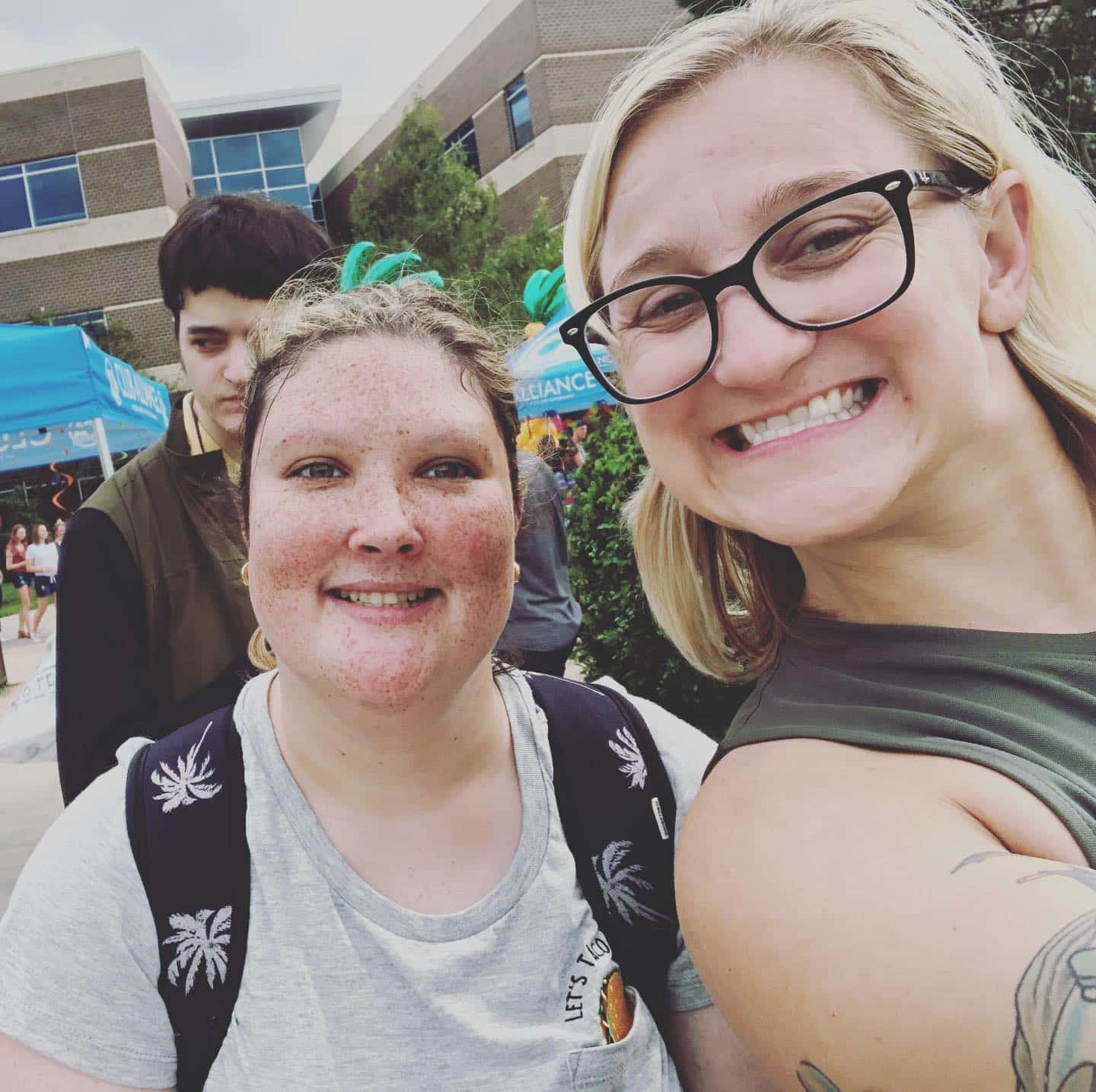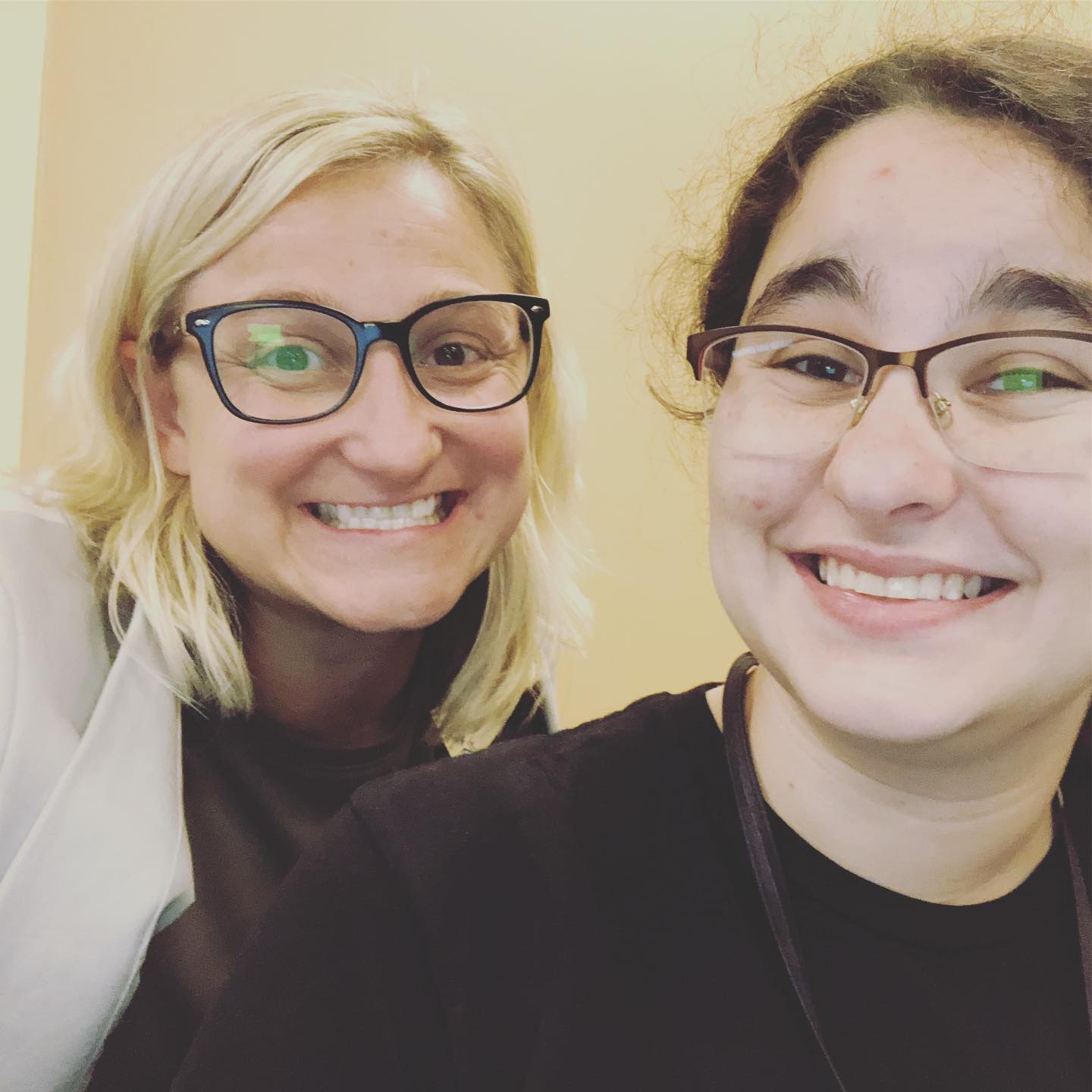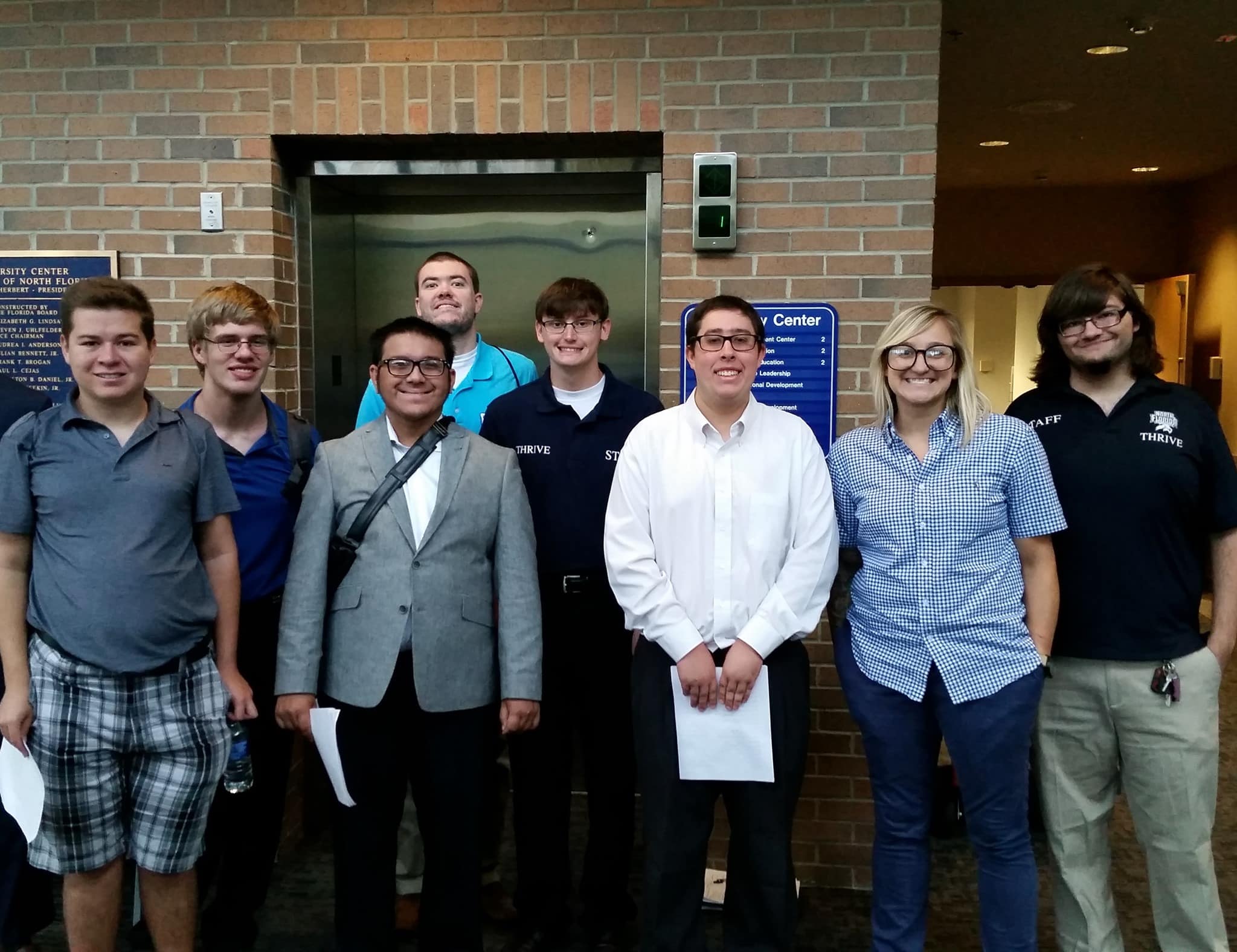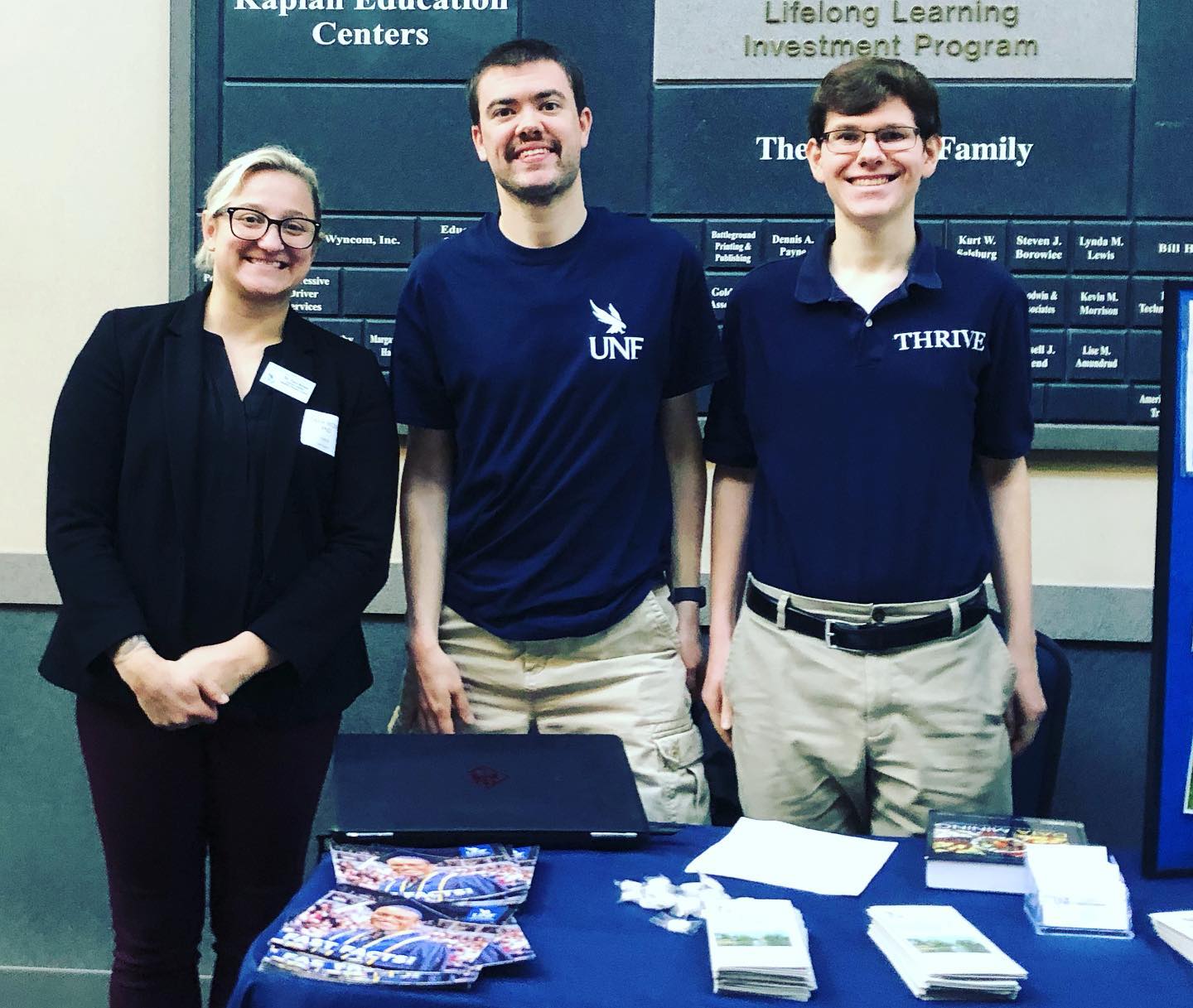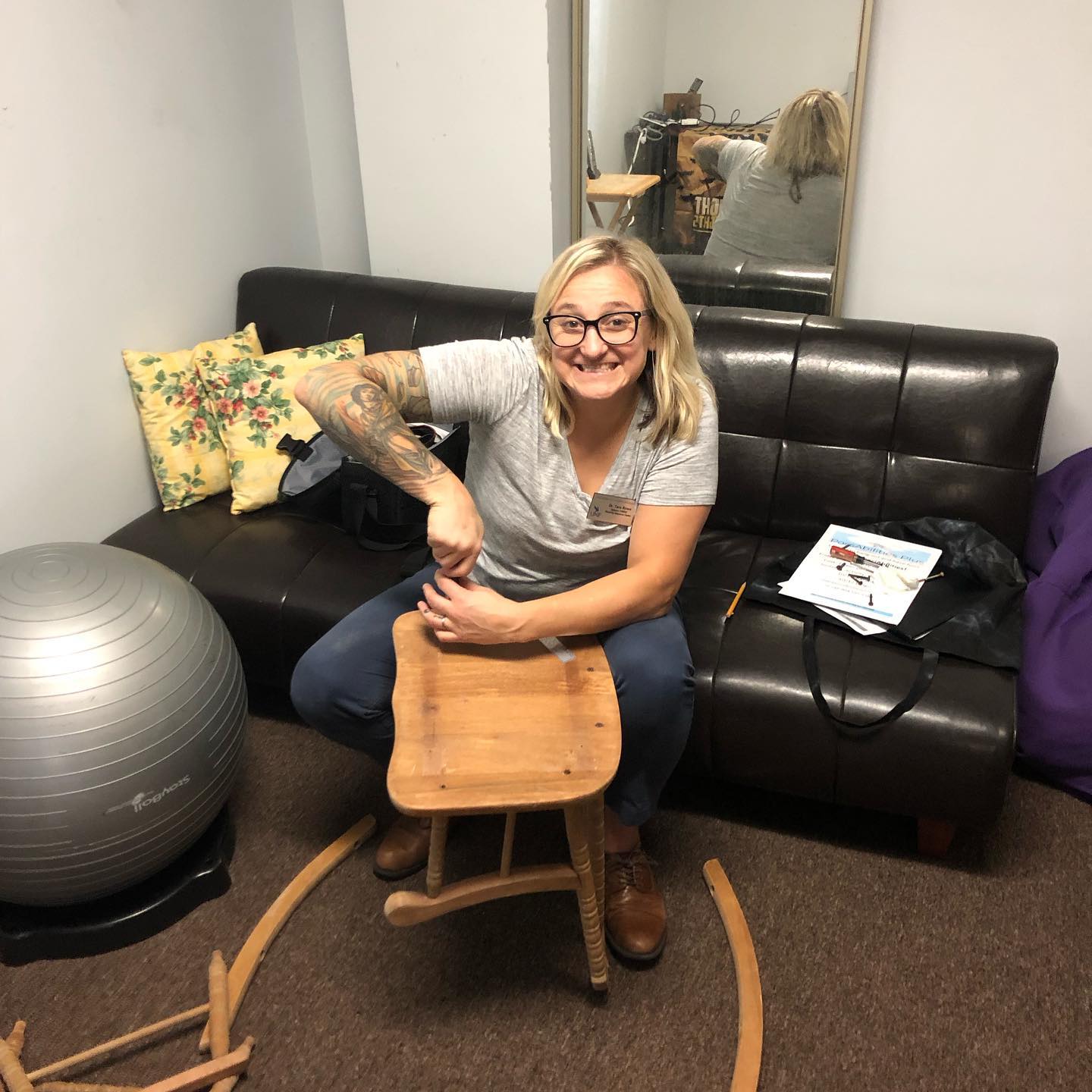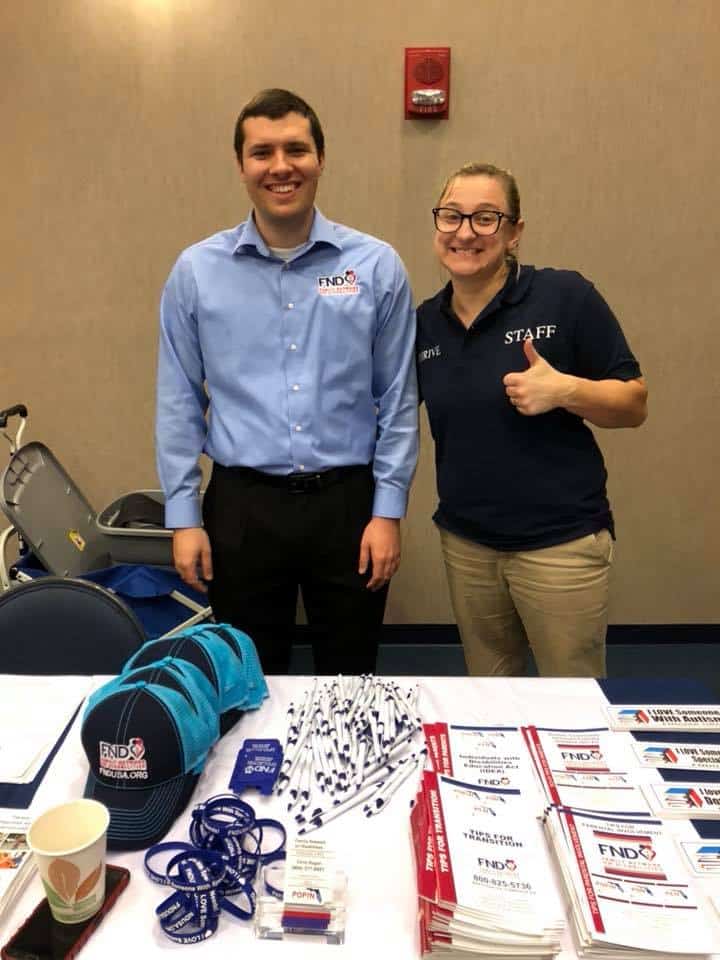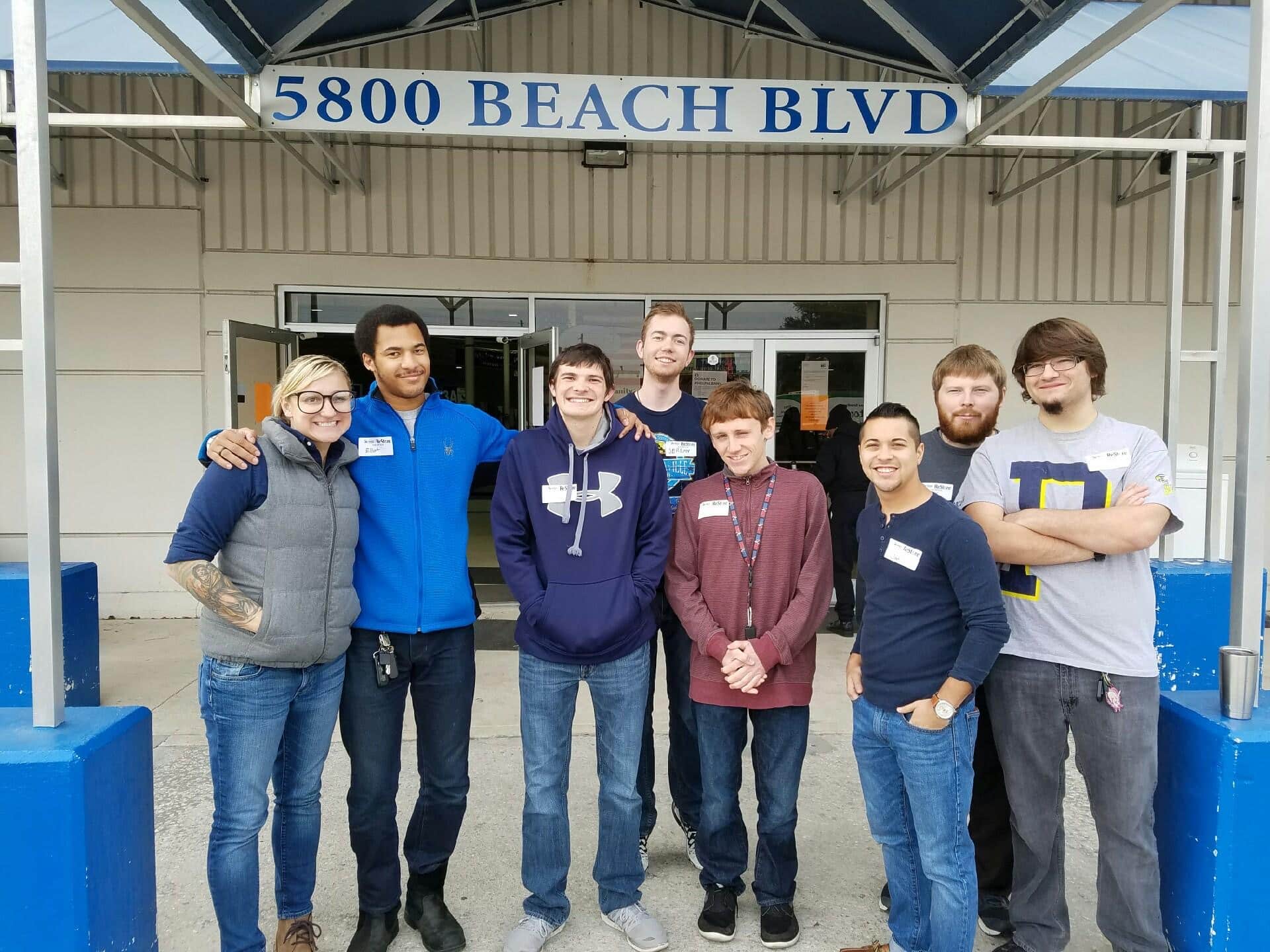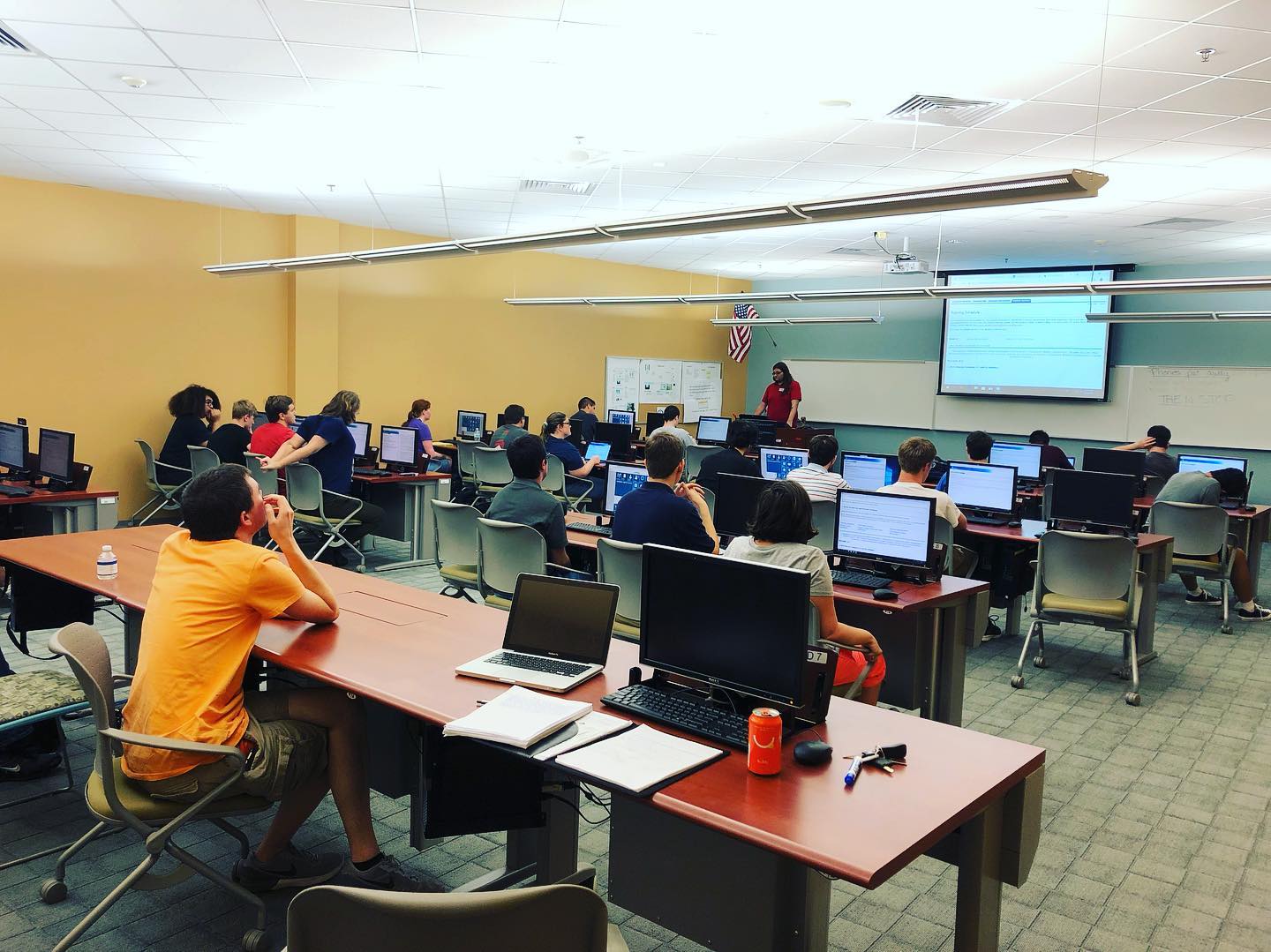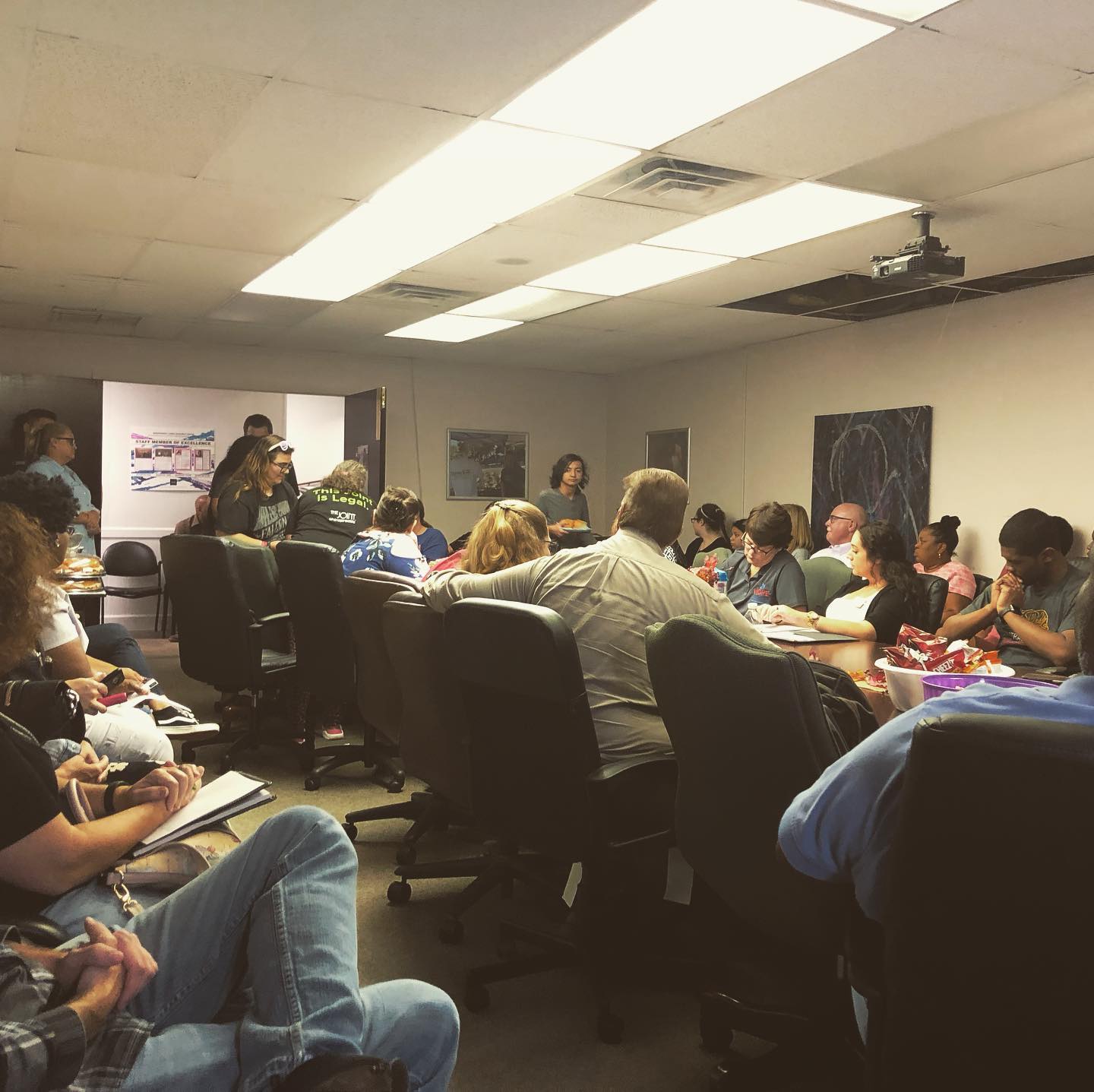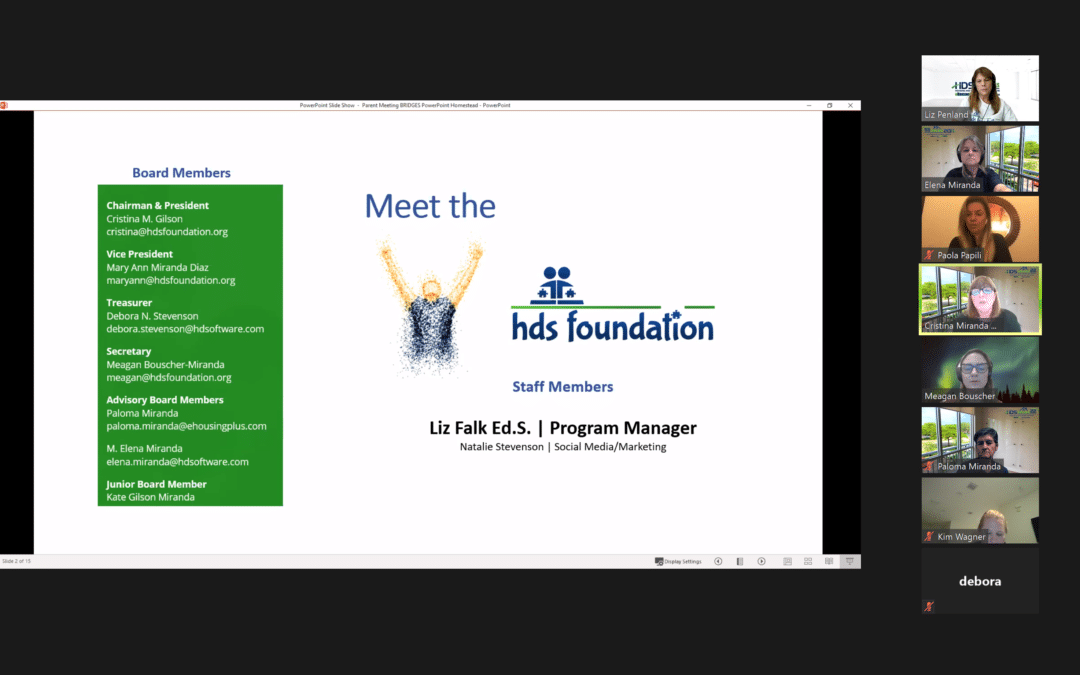
Homestead Parent Meeting Was a SUCCESS!
Last night, the HDS Foundation hosted a successful Parent Meeting with our Homestead Senior High School BRIDGES (Self-Determination Class). We were happy to have the opportunity to meet the parents and share the programs and resources the foundation has to offer.
The mission of the HDS Foundation is to provide services and resources to the families of teens and young adults on the Autism Spectrum. The goal of the BRIDGES program is to promote and support initiatives that create independence, employment, and the ability to access safe, affordable housing opportunities as the students transition from high school to post-secondary education.
President and Chairman of HDS Foundation, Cristina Miranda-Gilson shared important information that will help parents plan for their son or daughter’s journey as they prepare for their transition. A few hot topics that parents wanted more information about were: Legal Guardianship, Vocational Rehabilitation, Supplemental Security Income and Technical Schools.
It is important for parents to keep in mind that they play a main role in their child’s success when planning for their transition. Cristina encourages parents and students to create their own Toolbox for Success that includes skills that will benefit them as they move towards independence. These tools can be found by visiting the HDS Foundation resource page.
We look forward to a successful year with our Homestead Senior High School BRIDGES (Self Determination Class)! If you would like to watch the meeting, click on the video below.
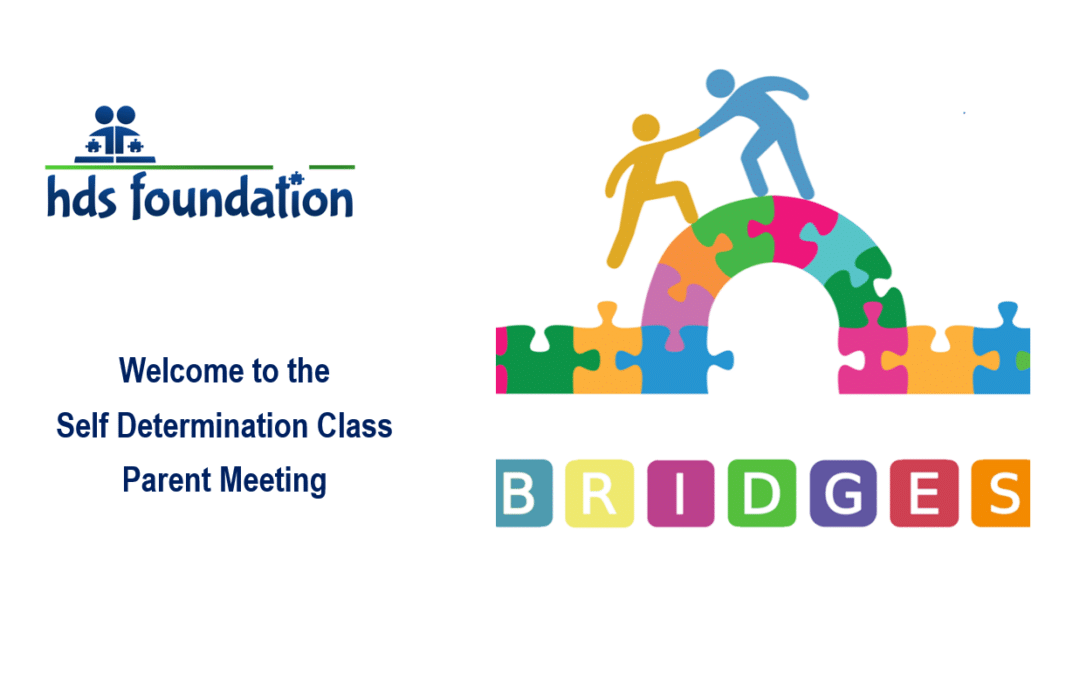
We Look Forward to Tonight’s Homestead Senior High School B.R.I.D.G.E.S. Parent Meeting!
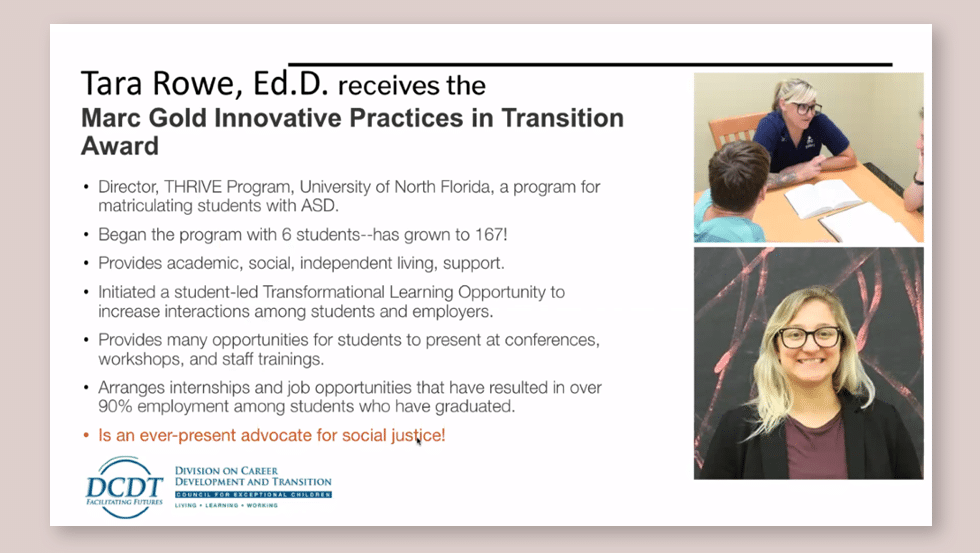
University of North Florida THRIVE Program Director Receives Prestigious Award
A very special congratulations to Dr. Tara Rowe, Director of the UNF THRIVE Program, for being presented with the Marc Gold Innovative Practices in Transition Award. Dr. Rowe, the Director of THRIVE at the University of North Florida, received this honor at the National Division on Career Development and Transition Council for Exceptional Children Conference October 23, 2020. This prestigious award founded in 1981 is named after Marc Gold whose innovative “Try Another Way” approach opened the door to employment for many students with severe disabilities.
Dr. Rowe holds a Masters in Special Education and Disability Services, and a Doctorate in Educational Leadership from the University of North Florida. For years Dr. Rowe has worked tirelessly to develop a program for degree seeking students with ASD (THRIVE) and is one of the most innovative programs that exists today. The THRIVE Program supports the various needs of college students on the Spectrum that benefit from the unique approach to teaching self-advocacy while creating a multi-disciplinary path to successful outcomes for this population, and more importantly college degrees and employment.
Dr. Tara Rowe is being recognized for her contributions to the field and her work with UNF’s Transition to Healthiness, Resourcefulness, Independence, Vocation and Education (THRIVE) that supports students with Autism Spectrum Disorders at UNF and ensures these students have successful collegiate experiences.
The HDS Foundation has supported the THRIVE Program and worked closely with Dr. Rowe to better understand the best supportive practices that can lead to opportunities. We have seen first hand her commitment, drive, and her love for the work she does. This award could not have been bestowed to a more deserving individual.
Congratulations Dr. Rowe!
To read more about Dr. Tara Rowe and the THRIVE Program at UNF, click here!
HDS Companies Come Together On National Unity Day 2020

HDS Companies recently came together for National Unity Day 2020 and wore orange to promote kindness, acceptance, and inclusion in our world. By doing this, employees took a stand that no child should ever experience bullying. PACER’s National Bullying Prevention Center started Unity Day, October 2011 as a signature event of National Bullying Prevention Month. On this day, people all over the country would wear orange or display orange to raise awareness against bullying.
In 2006, PACER’s National Bullying Prevent Center partnered with a variety of national parent organizations, schools, parents, and students which have provided an abundance of resources to help bring awareness to how bullying has become widespread among children 8-17 years old. According to 10 studies across the United States, children with disabilities were two to three times more likely to be bullied than their nondisabled peers because they may find it hard to “read” social signs.
HDS Companies rises and stands up against bullying! To read more information on National Unity Day, click here!

Say No To Cyberbullying
In a digital age, teens have constant access to their electronics whether it is a cell phone, tablet, or computer to communicate and socialize with their friends. This makes them an easy target to be cyberbullied. Cyberbullying is the use of technology to harass, threaten or embarrass another person using aggressive or rude texts, tweets, pictures or videos, posts, or messages.
According to the Center for Disease Control, 1 in 6 high school students reported being cyberbullied. To protect yourself from cyberbullying, here are some tips for teens to follow while using electronics:
*Protect your password
*Pause before you post
*Set up privacy controls
*Never open messages from people you do not know
*Log out of your personal account on public computers
(10 Tips for Teens to Prevent Cyberbullying by Brooke De Lench-Moms TEAM)
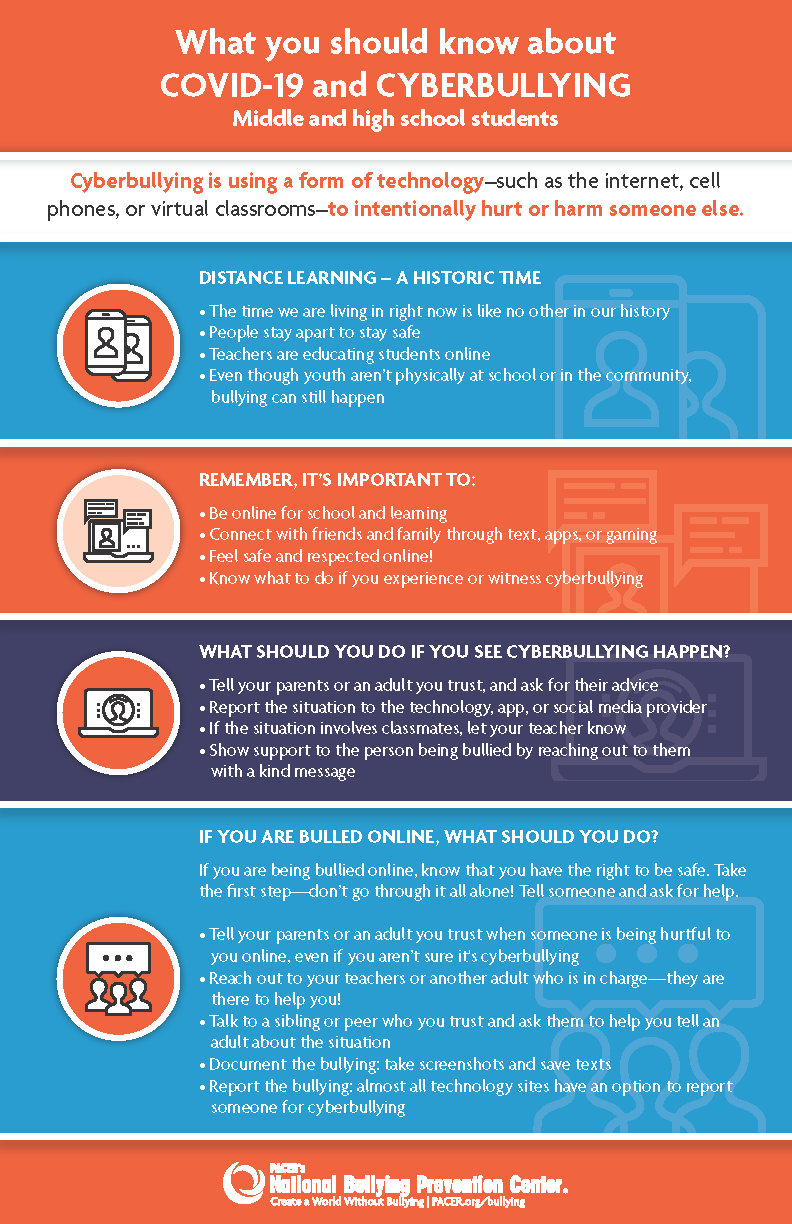
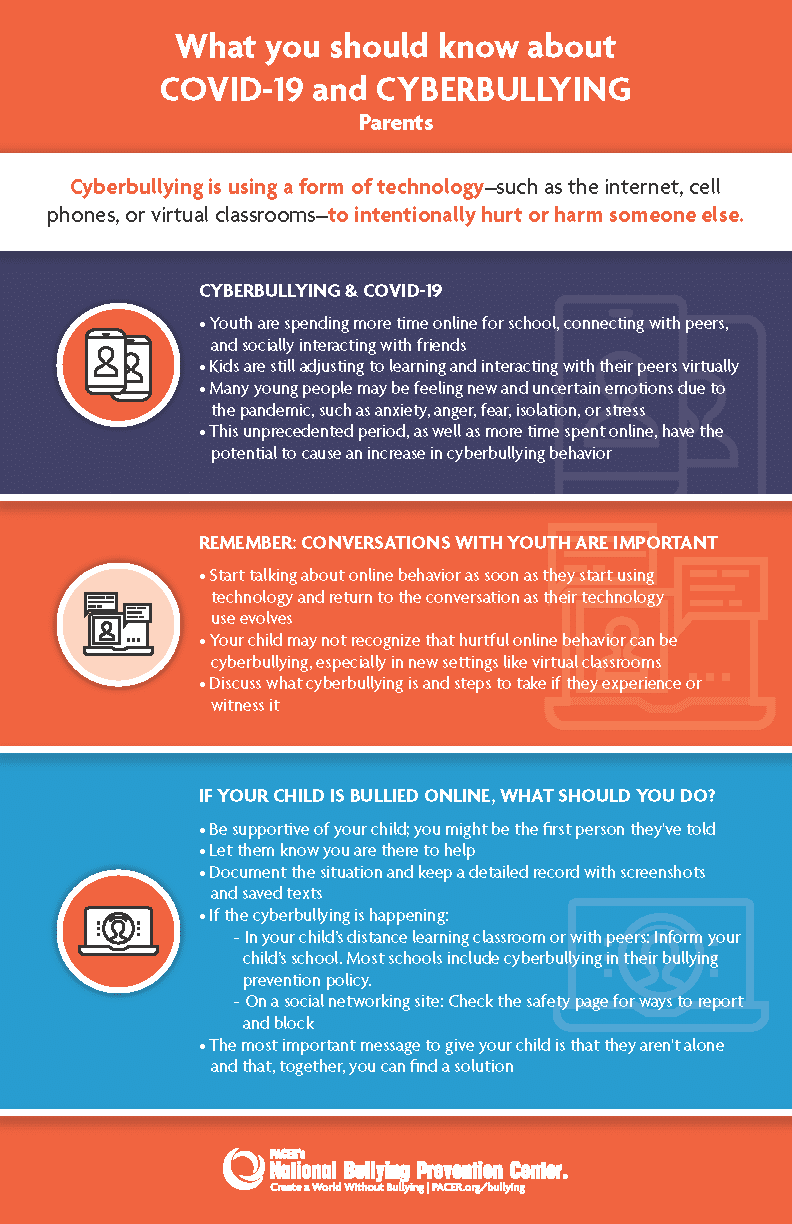
No Results Found
The page you requested could not be found. Try refining your search, or use the navigation above to locate the post.


